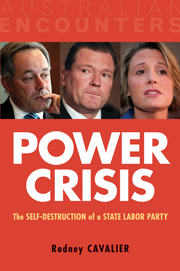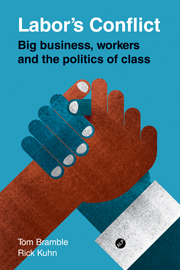Those who avidly follow politics are sometimes called ‘the politically active’, ‘the political participatory class’ or ‘the attentive elite’ in academic literature but, informally, are often known as ’political tragics’, ‘politicos’ or ‘political junkies’. Overseas studies have found that people in this group are disproportionately ‘older, white, more affluent, well-educated, and male’ (Norris 1996:477; Norris et al 1999). They are also active media consumers who use multiple news sources (Saad 2005). In other words, political junkies tend to be news junkies and, as we saw in the previous chapter, they favour media such as broadsheets and public broadcasting. These elite media are consumed by ‘key policy and decision-makers, opinion-formers and issue-definers: elites in the political, business and cultural spheres, as well as university-educated professionals’ (McNair 2000:23). In many theories, this audience and its favourite media are the key to explaining media content and its power.
Whether their style of news is called ‘hard’, ‘serious’ or ‘quality’, elite media are usually viewed as the most information-rich and the ‘best’ examples of journalistic excellence. Studies have found people who access the ‘serious’ media tend to know more about politics, to participate more and to believe that their participation matters (Curran et al 2009; Newton 1999; Norris 2000; PRC 2007). For some political theorists, the politically active and well-informed citizens play such a crucial role that democracy can safely be left in their hands.

